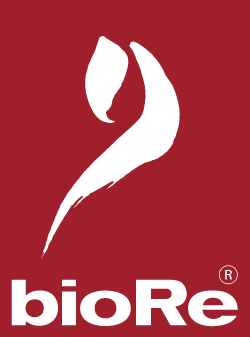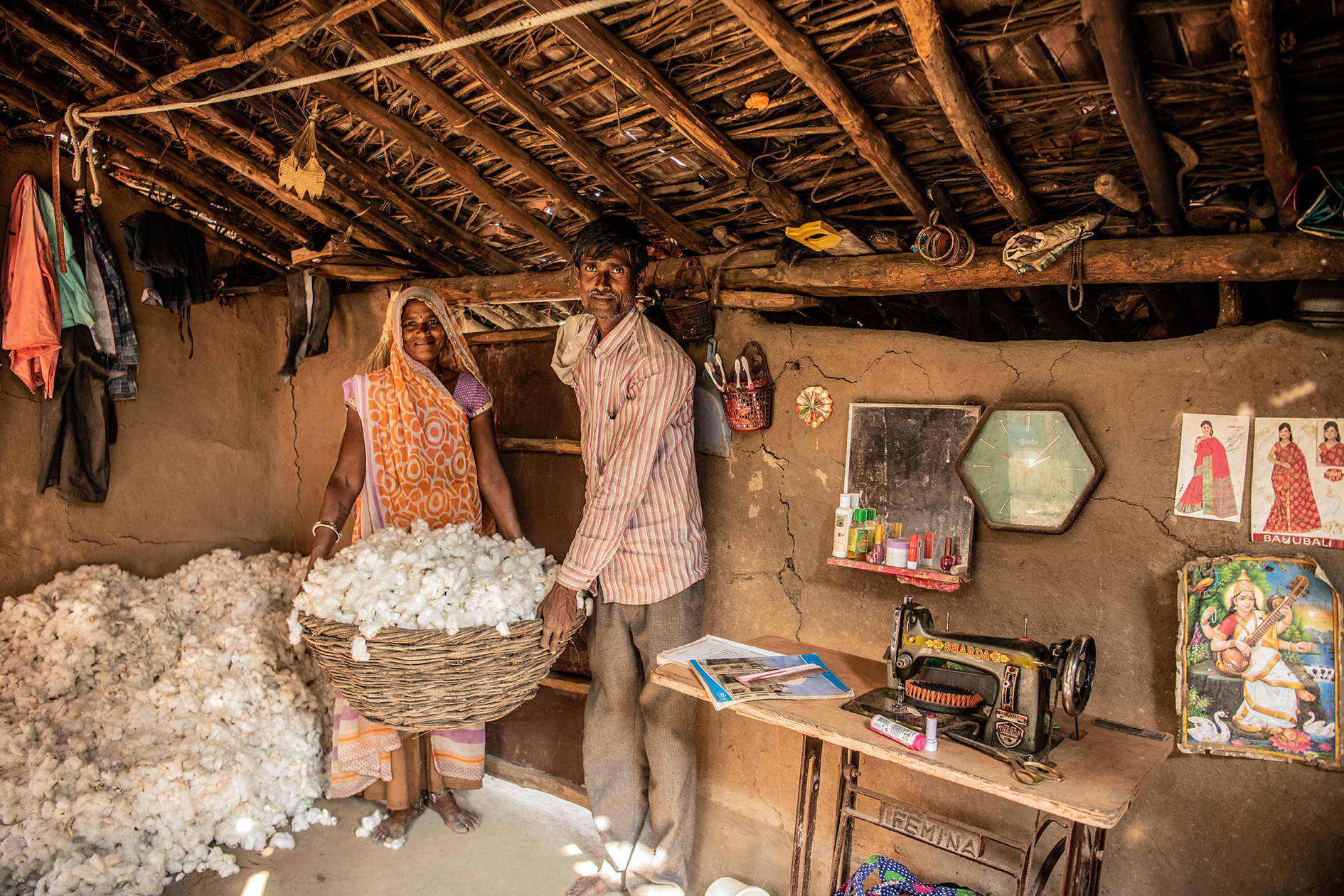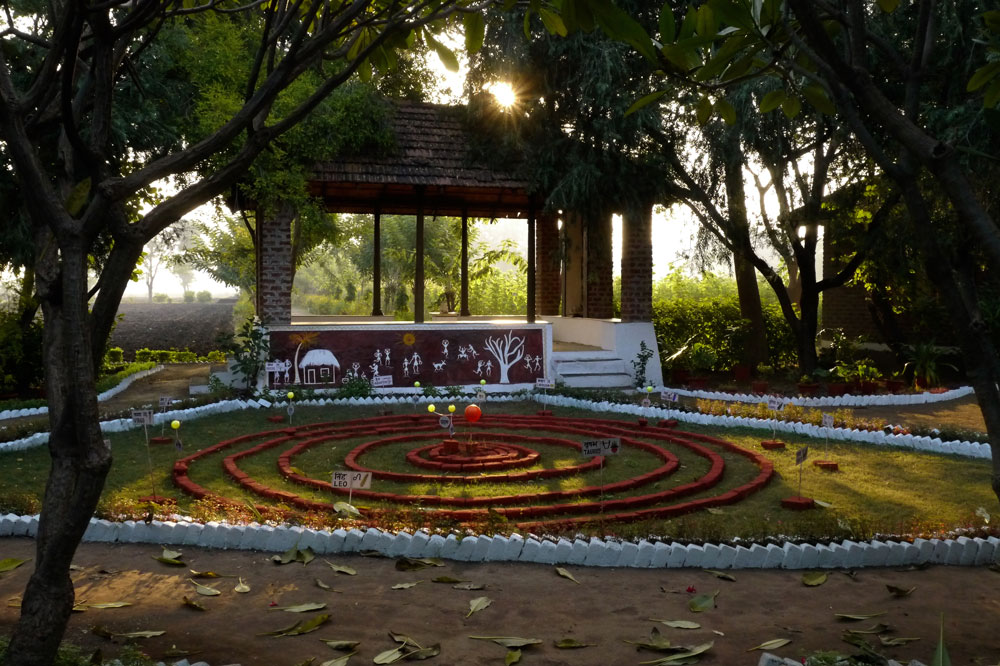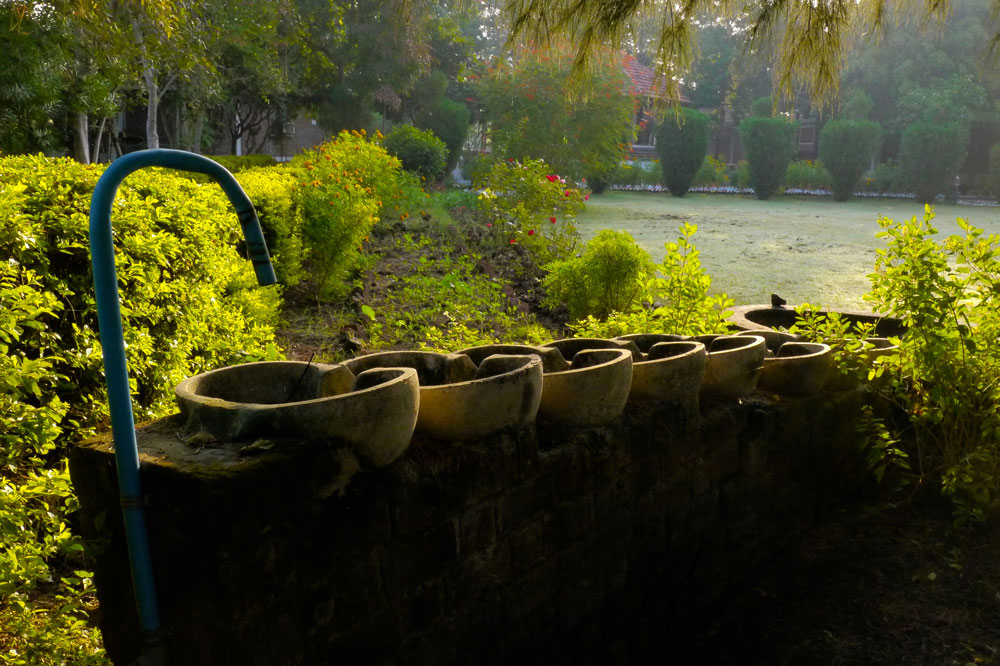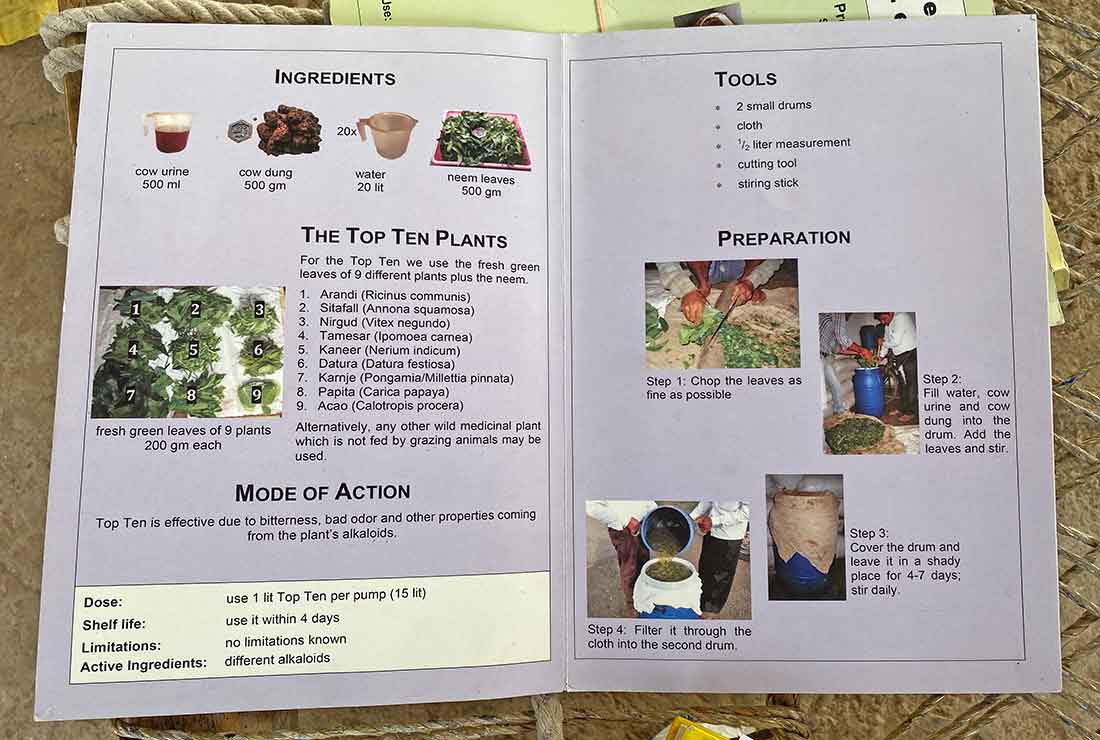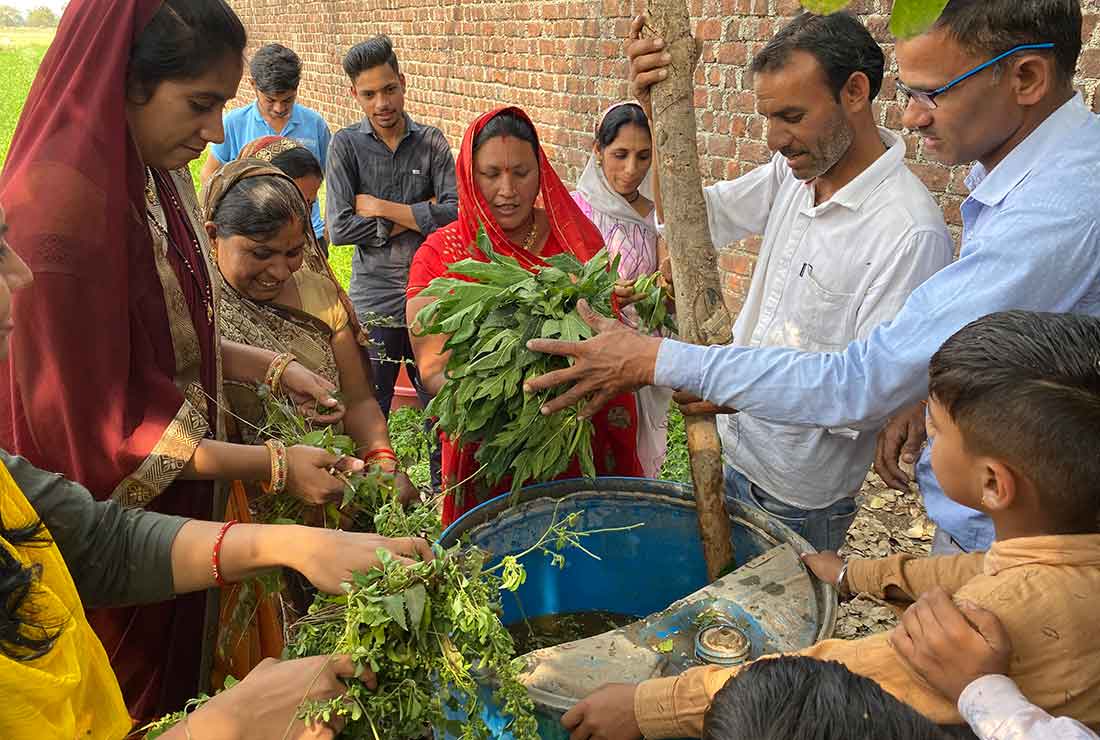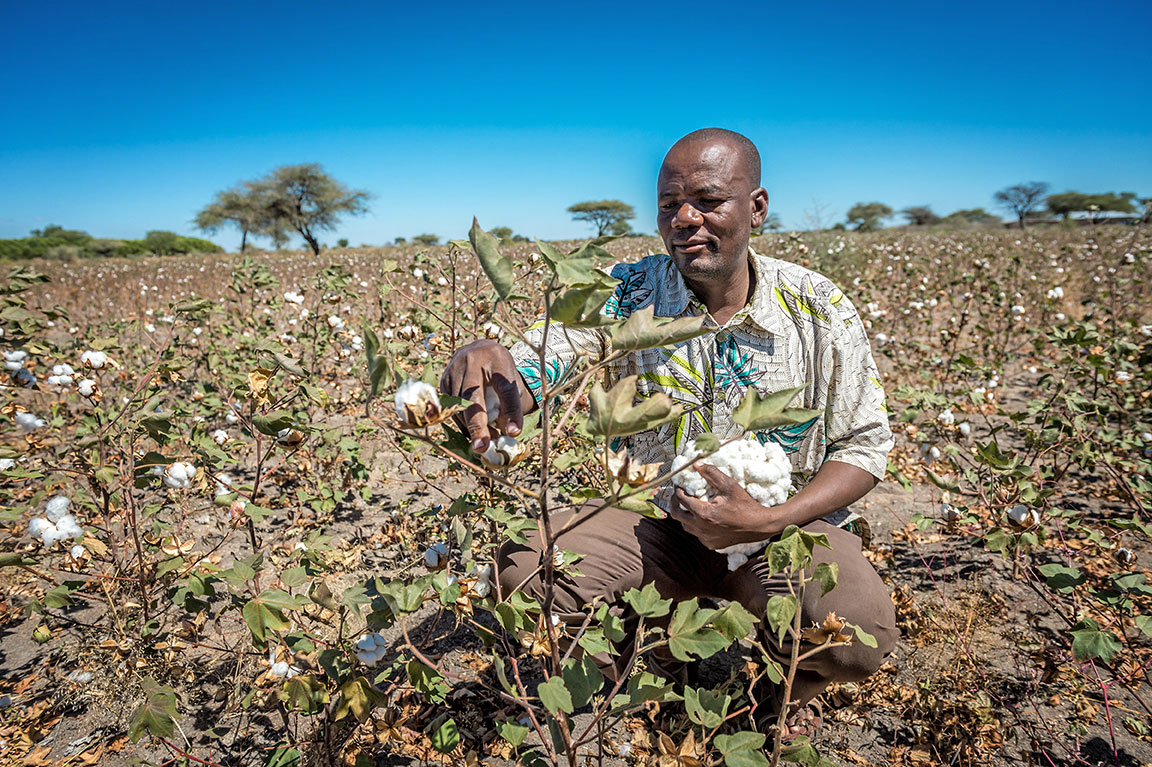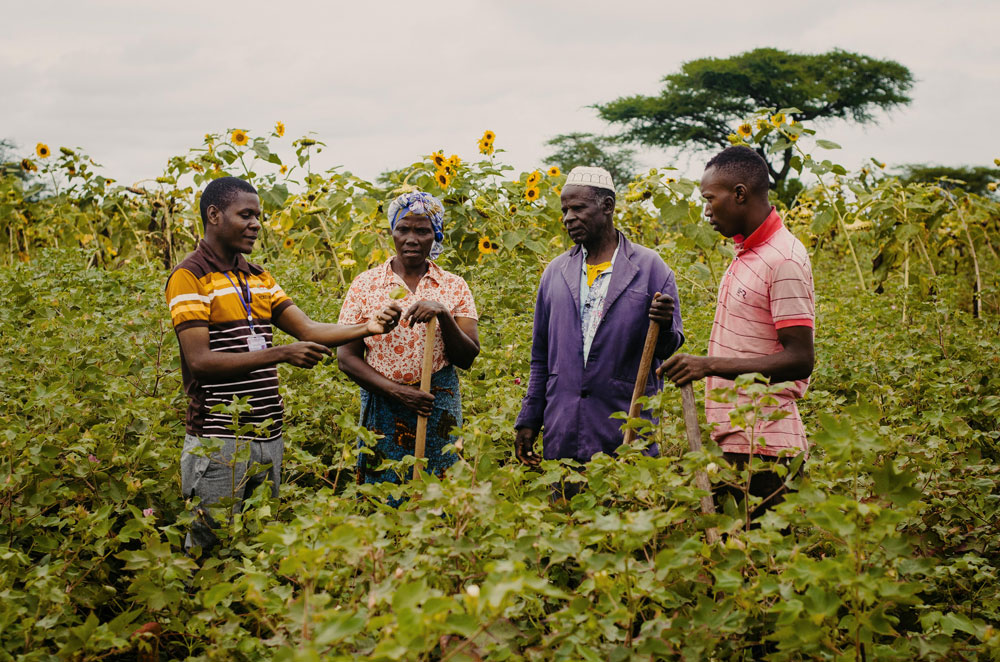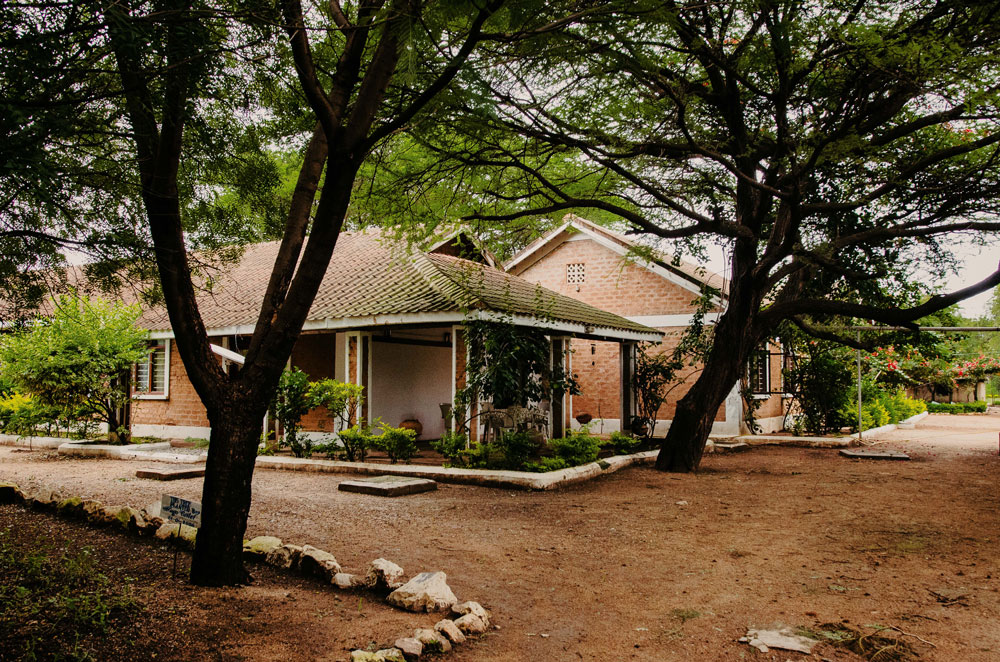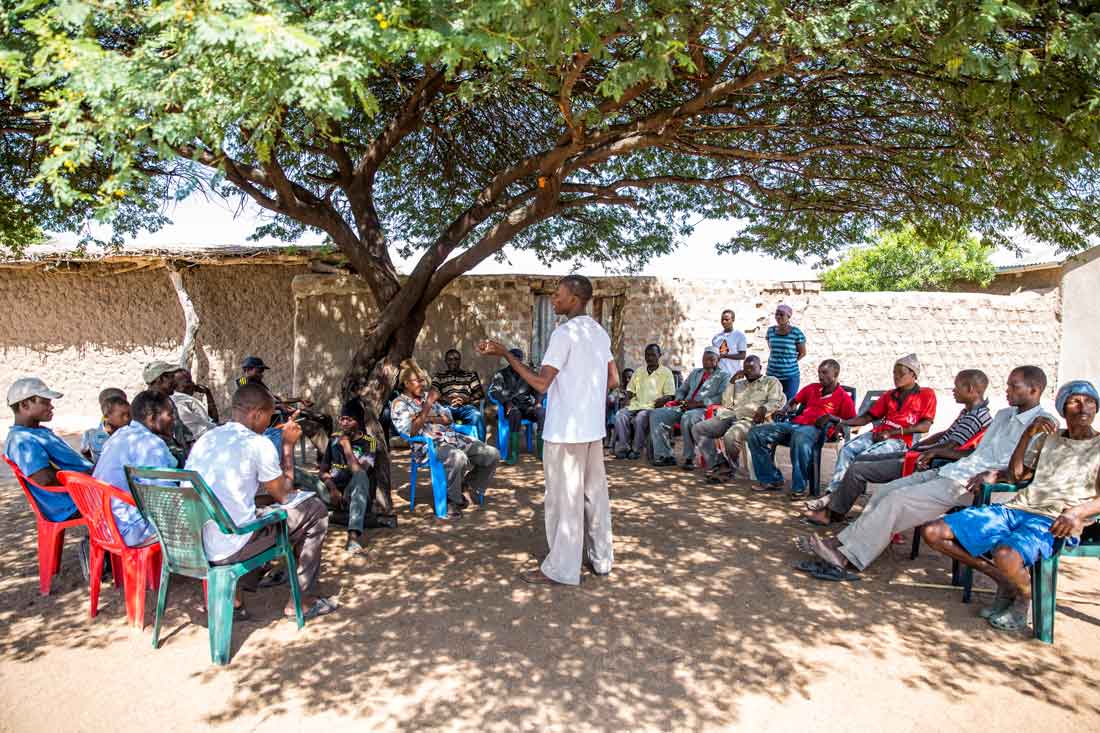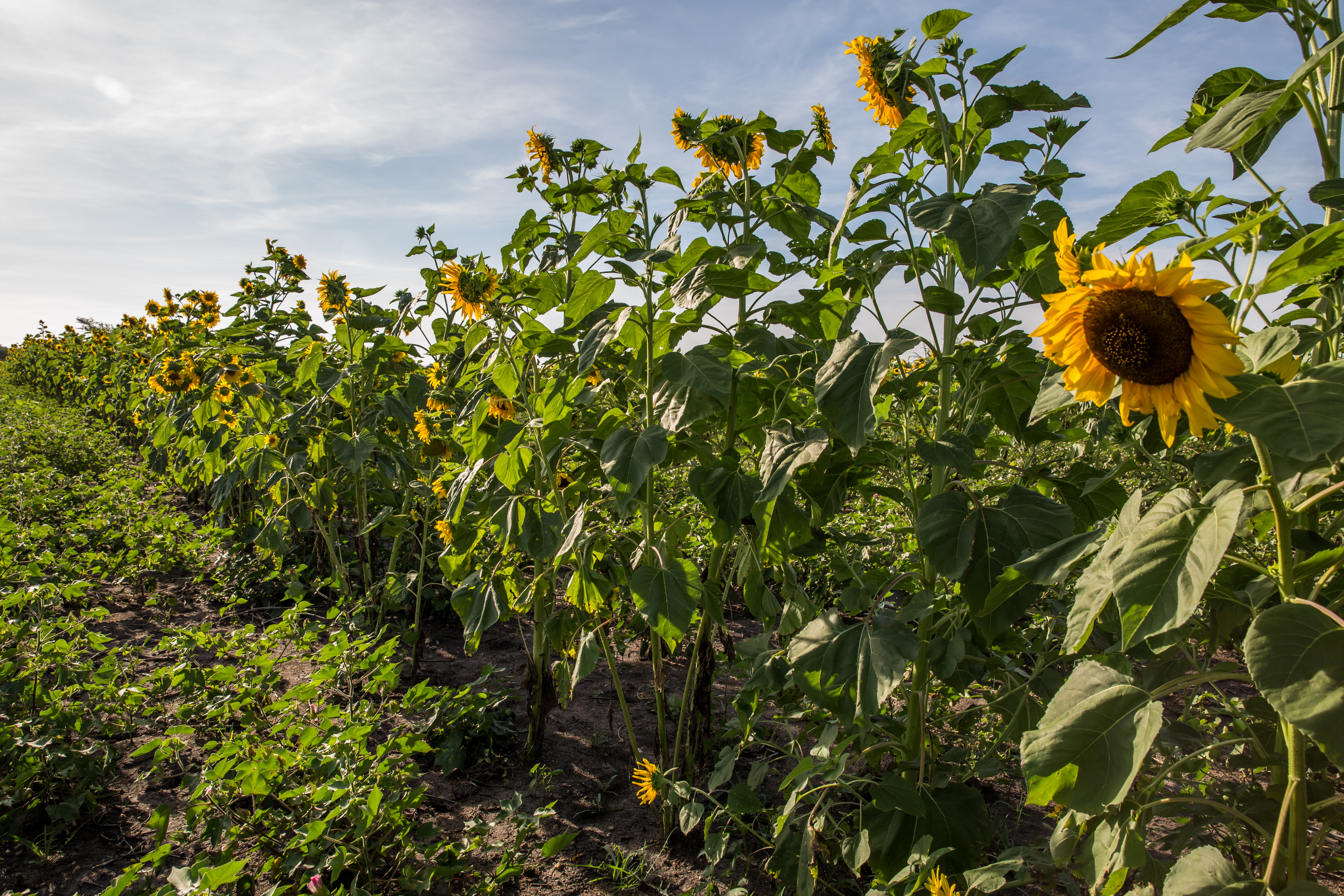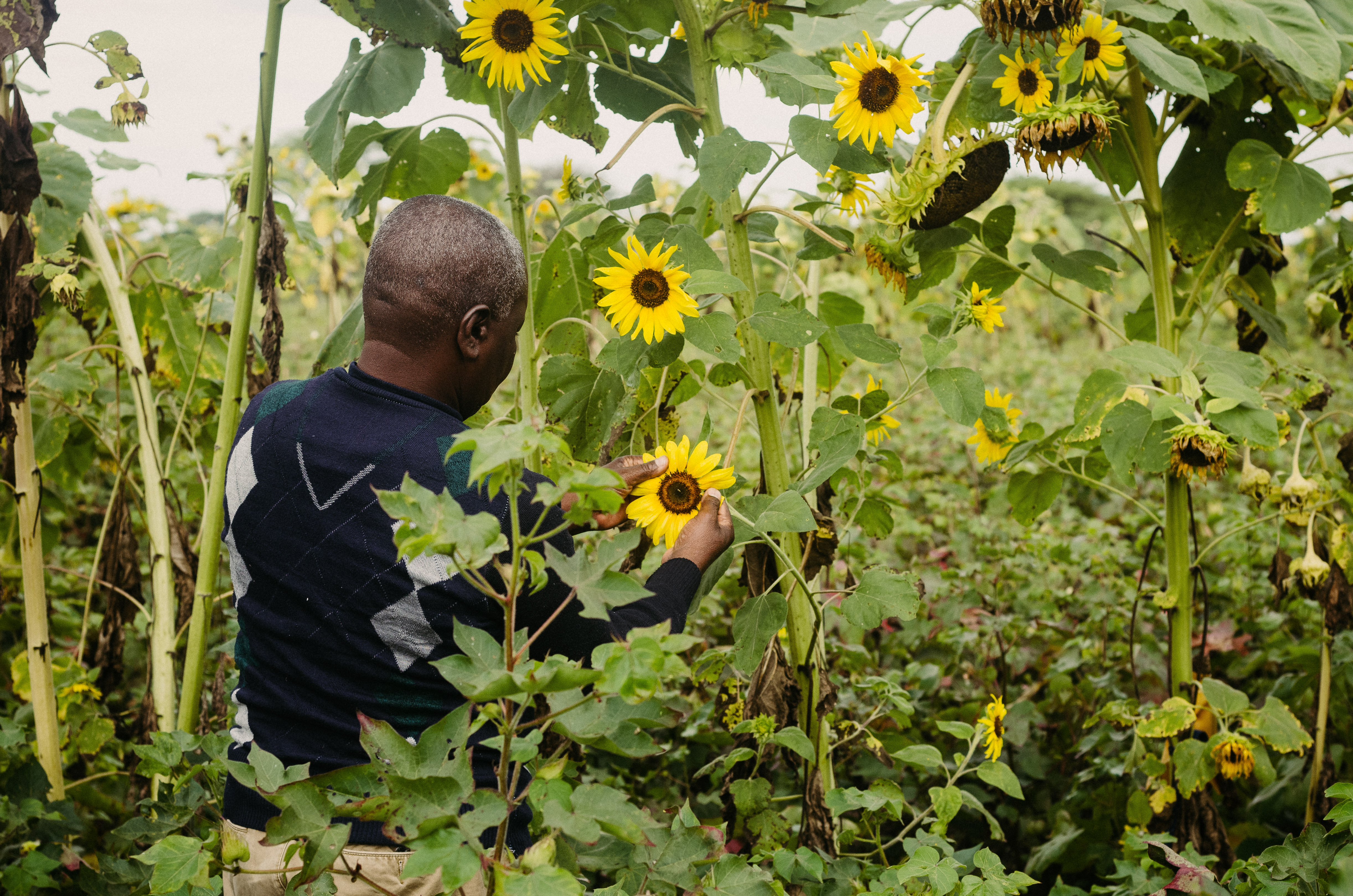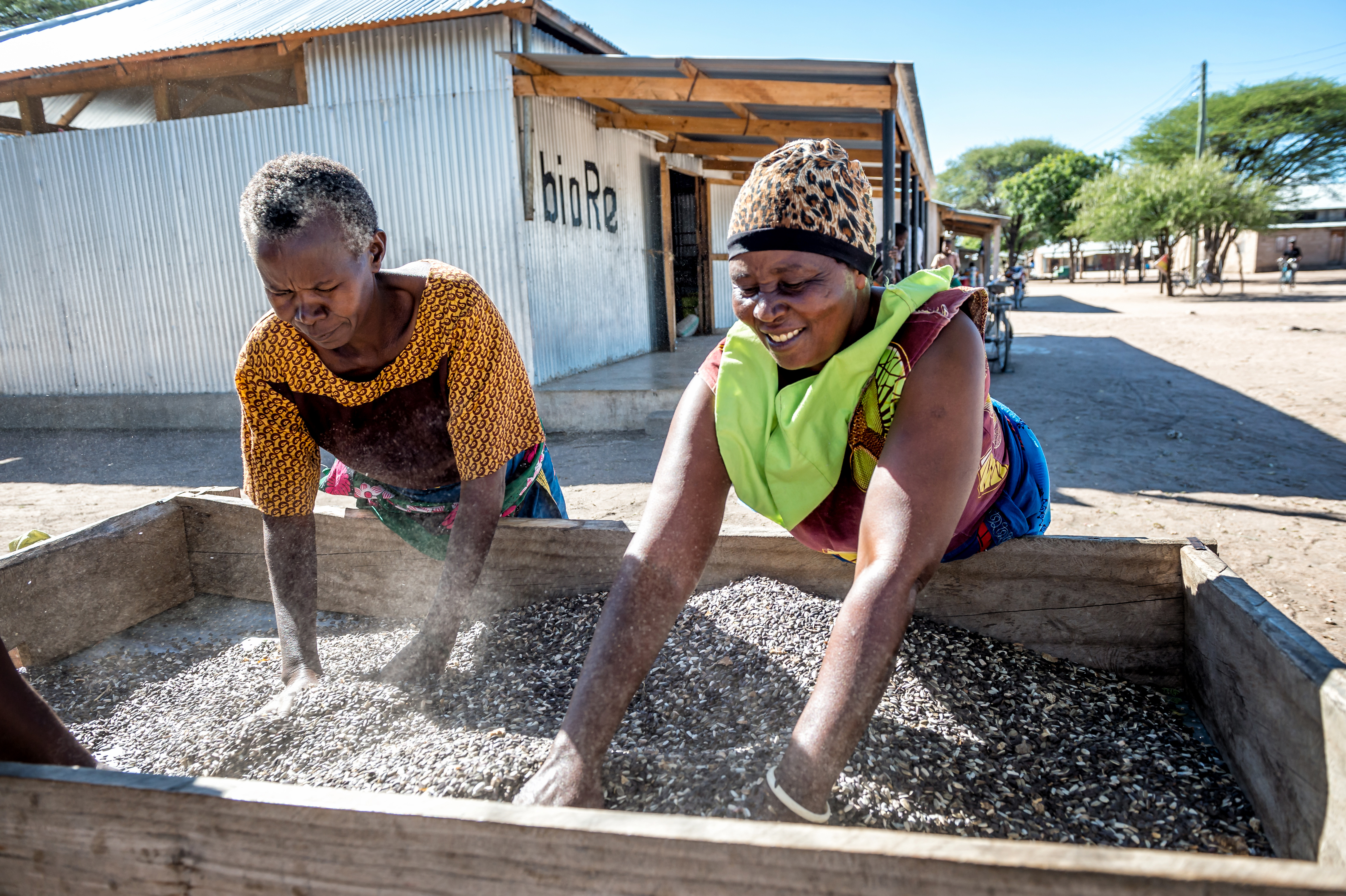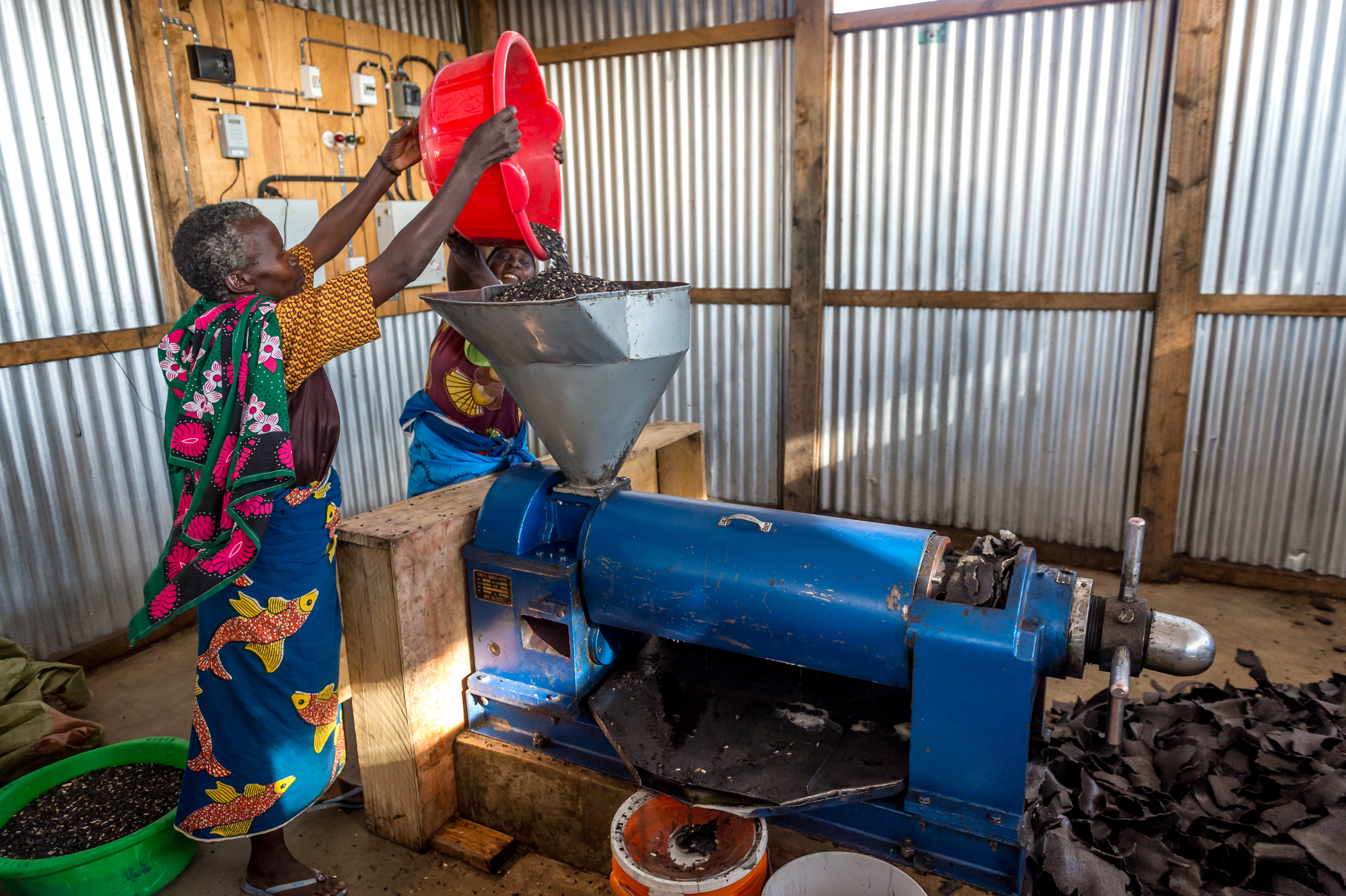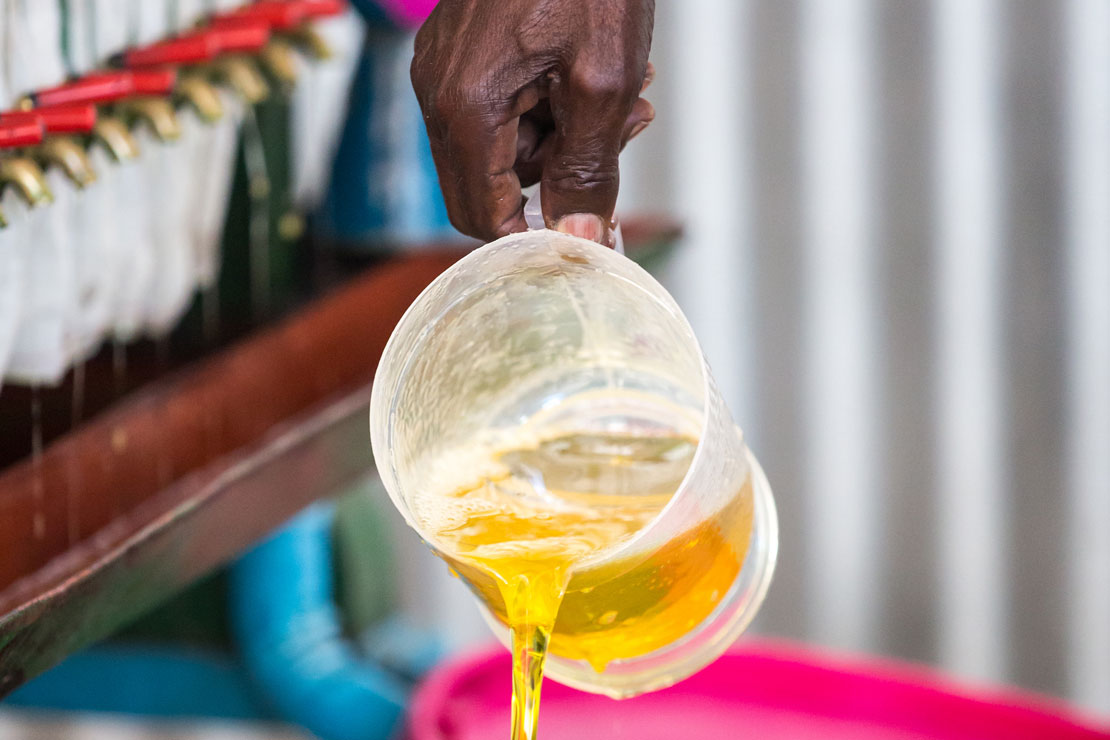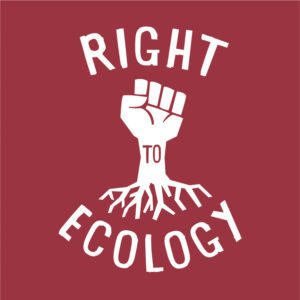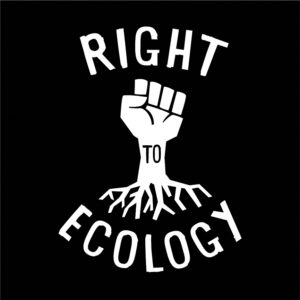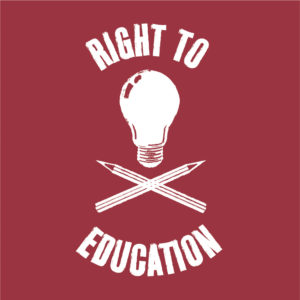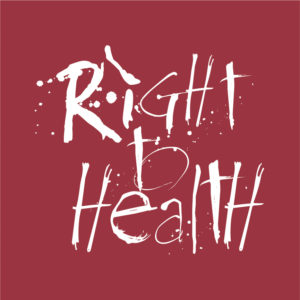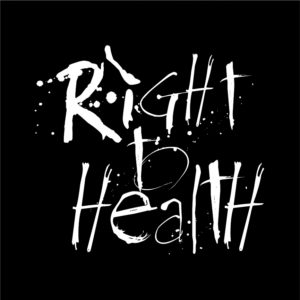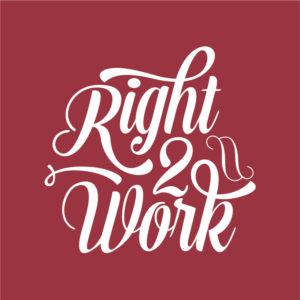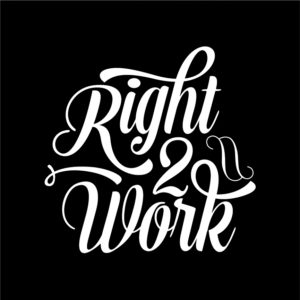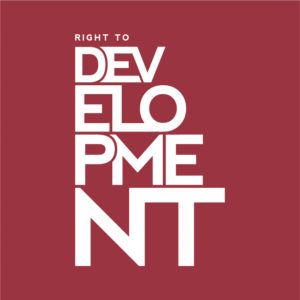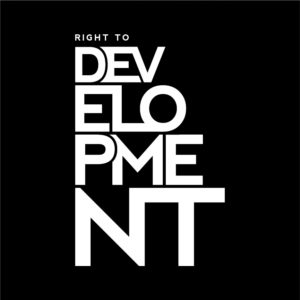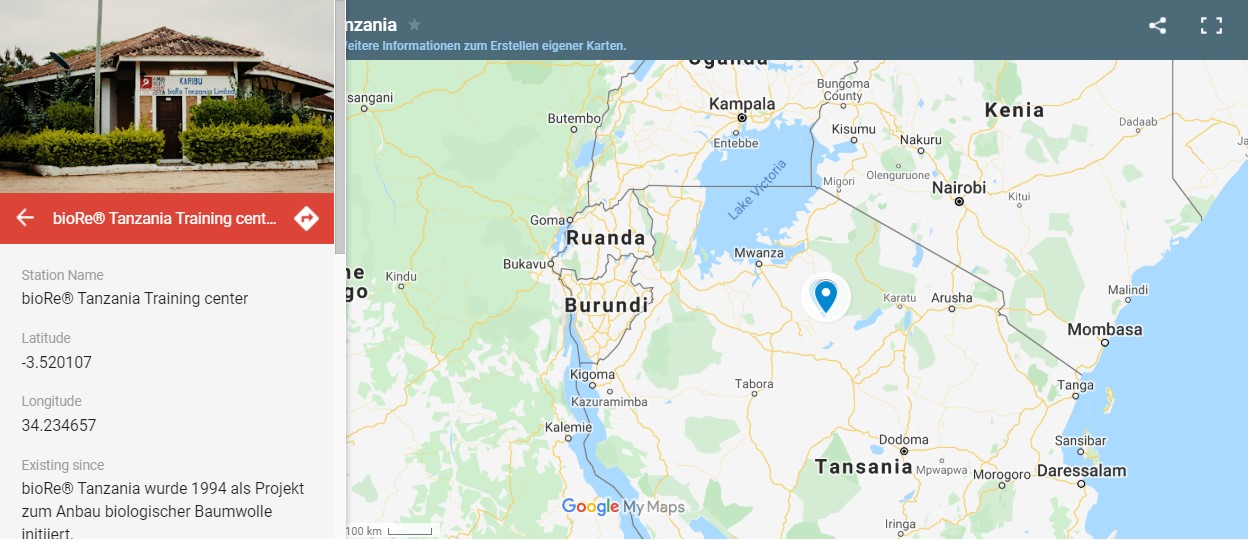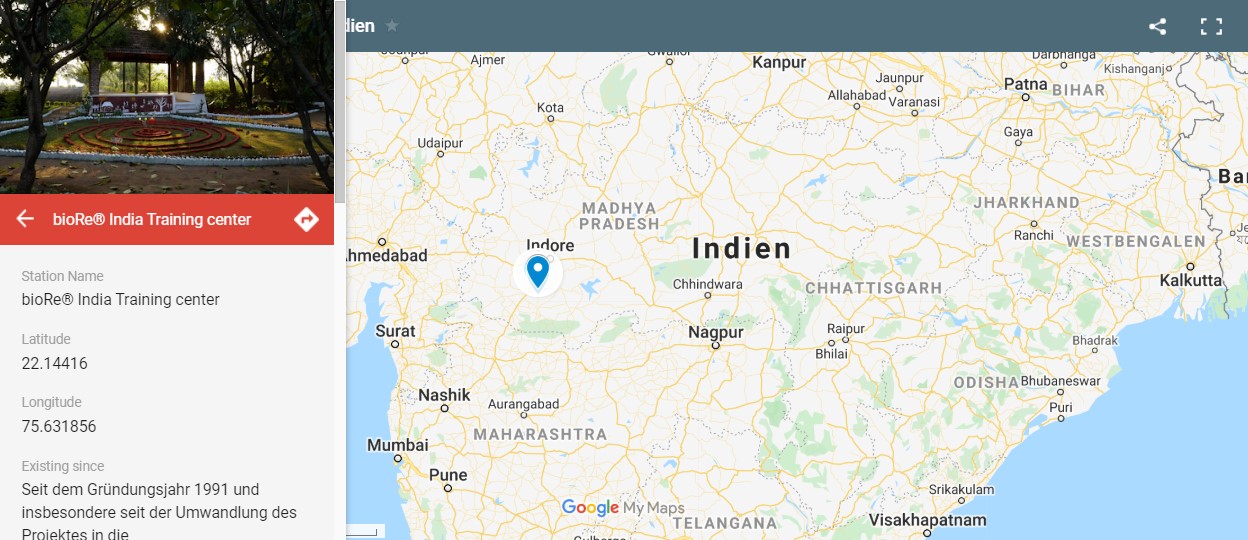In our fight against the poverty of farming families, one of our primary objectives is to enable them to get access to a source of income that puts them in a position to cover the basic needs of all family members, to get educated, to stay healthy, and to lead meaningful lives in dignity.
This is why we have contributed to building up regenerative, ecological und biodynamic farming regions in Central India and Tanzania for the past 25 years.
Agriculture is faced with ever greater challenges. Farming families are forced to adjust to constantly changing market preferences and to meet ever higher quality requirements. At the same time, rainfall and temperatures are becoming less and less predictable.
Smallholders are highly vulnerable. Farming families are alone in bearing crop risks. The bioRe Foundation supports these families in their efforts to secure livelihood.
Organic cotton as the main source of income
All producers of bioRe® organic cotton, around 5,000 of them, are contract partners of Remei AG’s local subsidiaries, i.e. Remei India Ltd. and Remei Tanzania Ltd. These companies secure market access for the cotton and pay the producers a premium. Together with the buyers of the cotton, the bioRe Foundation supports the producers of bioRe® cotton, also with regard to conversion to organic farming.
Continuous agricultural training enables the farmers to manage their farms in a sustainable way, to increase productivity, and to achieve a high degree of cotton quality. This is how we contribute to securing and improving the farmers’ livelihood.
Supplementary sources of income
Agriculture depends on uncontrollable factors such as temperature or rainfall. Furthermore, market globalisation makes life ever more difficult for farmers. Supplementary sources of income are required to increase the resistance and resilience of farming families.
Oil press
Sunflower oil is very much in demand. The processing of sunflower seeds increases profit from growing sunflowers, thus adding to the income of farming families.
Background: Organic cotton is grown by rotation with other crops, which provides for a diverse ecosystem and enables healthy production. Sunflowers are one of these crops. They are not only helpful to pest control on cotton fields but also the source of precious seeds. Turning those seeds into sunflower oil makes the value chain stay with the farming families and increases and diversifies their income. The oil cake that results from the pressing process can be used as animal feed. For many years, a group of farmers established by the bioRe Foundation has successfully operated a profitable sunflower-oil press. The group received subsidies and a loan to set up their business, and repaid them in due course. We aim to repeat this success and to secure long-term income for farming families.
Launch : 2014
Cost of the project:
CHF 30’000.-
for the purchase of an oil press and as capital to get the business started
Your donation for a secure income of farmers
Aavran Handloom Society
The Aavran Handloom Society in India manually spins and weaves cotton grown locally.
Background: When agricultural products are processed by farming families themselves or by local companies, value creation remains on site, giving the persons involved an opportunity to raise their income. This is why the bioRe Foundation supports projects aimed at processing cotton, such as the production from organic cotton of scarves spun and woven manually, or embroidery. This includes support in setting up infrastructure and training of manual spinning and weaving as well as embroidery. The handlooms are located in a central workshop where a variety of products are now made and marketed for local and international markets.
Launch: 2007
ZRCL cotton scarves are made in co-operation with the Aavran Handlooms weaving shop.
Sewing workshops in Tanzania
Selling self-sewn textile products, the seamstresses generate income and improve their livelihoods in the long run.
Background: In Tanzania, cotton is harvested once a year. Supplementary sources of income contribute to balancing family incomes over the year. This is why the bioRe Foundation of Tanzania works with groups of women, offering them sewing courses. An experienced sewing teacher trains and coaches the women in co-operation with the project manager from the bioRe Foundation of Tanzania. Training includes the making of cotton bags or clothes, among other things. Currently, three groups of women are participating in the programme.
Launch: Two groups of women were set up in the villages of Bulyashi und Mwamishali in 2009. The third group formed in the village of Minyanda in 2011.
